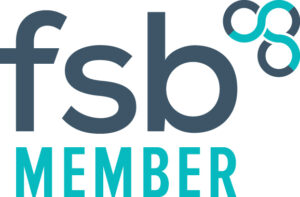We delivered a Zoom presentation to a group of Hampshire and Surrey business owners on 17 June. One part of the talk stood out from the rest as having particular resonance – defining target markets.
Our Director, Nick Shrimpton offered the view that business owners tend to define markets more like industries e.g. we target the I.T. sector. The temptation to do this is understandable. The larger the market, the greater the opportunities that lie within. There’s logic to this statement, but the logic is flawed.
The more tightly you define a market the greater the chance is of eliciting a response.
Smaller is better. Customers or clients are most likely to respond to a message when the following three elements are present:
- Relevancy
- Authenticity
- Personality
This is only possible when the market is small enough. Drawing on a particular example from the counselling sector, here is how the marketing definition can work.
1st market definition: People with anxiety and/or depression
2nd market definition: A segment of people with anxiety and/or depression were experiencing these symptoms because they had experienced recent bereavement of a friend / family member.
3rd market definition: Within the bereaved segment were a number of were experiencing anxiety and/or depression because the bereavement involved the loss of a friend or family member taken too early.
I know this is not the most uplifting subject, but it does highlight the point well. You can see how a message takes on a relevance and authenticity in the 3rd definition compared to the first.
Regardless of what your Hampshire business specialises in, aim for tightly defined markets. There can be multiples of them and they can change over time.
To understand how marketing strategy and market segmentation can help your Hampshire business email us at hello@sixthsensemarketing.co.uk


